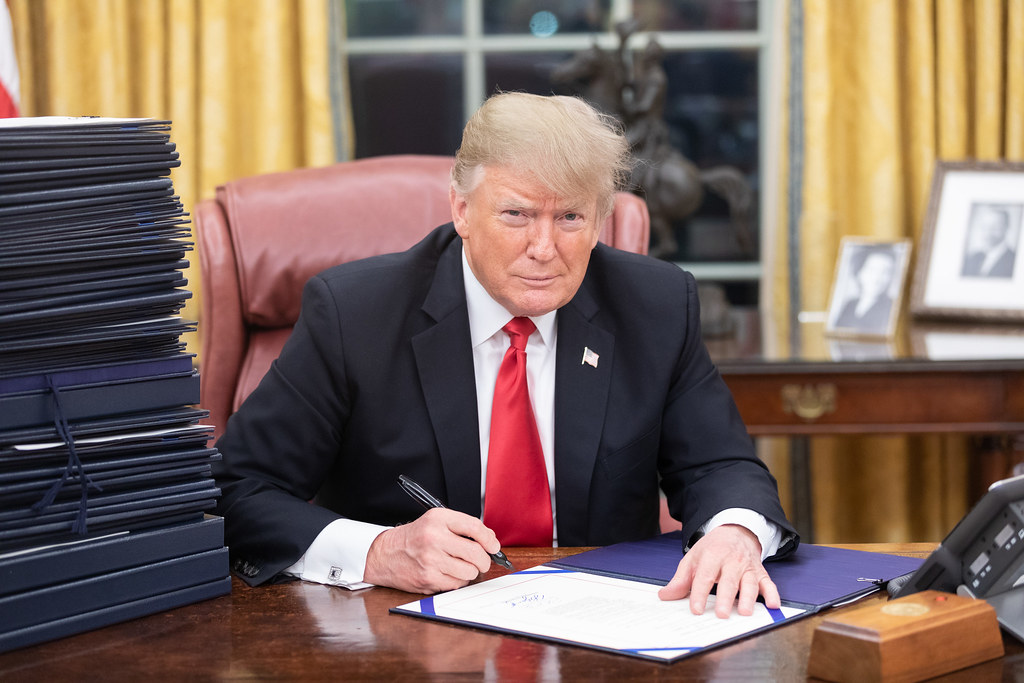Key Takeaways:
- The Trump administration traded MS-13 informants to El Salvador in a secret deal.
- The White House exchanged gang members for deportation agreements.
- Those informants now face brutal conditions at CECOT prison.
- U.S. law enforcement morale and trust took a major hit.
Secret Deal Sends MS-13 Informants to El Salvador Prison
Earlier this year, the White House made a surprise move. It agreed to hand over nine MS-13 informants held by the Justice Department. In return, El Salvador’s president allowed the U.S. to deport more migrants. While this deal sped up deportations, it put our own helpers in grave danger.
How MS-13 Informants Were Handed Over
On March 13, a phone call between Secretary of State Marco Rubio and El Salvador’s President Nayib Bukele sealed the deal. According to insiders, the call set the terms. Then Attorney General Pam Bondi was asked to end U.S. protection for those MS-13 informants. Consequently, the men were shipped off to CECOT, a prison known for torture.
Federal judges immediately demanded to know the full story. However, no one had expected that U.S. informants were part of the deal. These informants had cooperated for years, risking their lives to help agents track MS-13 leaders. Now, they face beatings, sexual assault, and denial of medical care.
Why the Informants Matter
These MS-13 informants played a vital role in investigations. They provided names, meeting locations, and gang strategies. Therefore, FBI and Department of Homeland Security agents trusted their tips. Without them, it is far harder to break the gang’s grip on vulnerable communities.
Moreover, prosecutors built major cases around these testimonies. Some informants testified in U.S. courts. Their evidence led to long prison sentences for top gang members. In this way, they weakened MS-13’s spread across American cities. When they worked, lives were saved and violence dropped in many areas.
Harsh Conditions at CECOT Prison
CECOT prison in El Salvador has a fearsome reputation. Inmates report daily beatings by guards and other prisoners. They say sexual assault happens with alarming frequency. Furthermore, basic medical care often is denied. As a result, men suffer infections and wounds that go untreated.
One former inmate described cell floors caked with filth. Another spoke of being locked in tiny spaces for days. In some cases, guards forced prisoners to fight each other for sport. These accounts paint a grim picture of what our informants may now endure.
Reactions from Officials
Douglas Farah, an adviser to federal officials, called the deal “a deep betrayal.” He warned of lasting damage to U.S. law enforcement credibility. If the government can abandon its own informants, who will step forward next time?
Inside the State Department, morale has plummeted. A former official said no one now wants to work on El Salvador issues. They fear angering Bukele and losing access to the White House. As a result, investigations into MS-13 faces delays or even pauses.
Insiders from both sides of the border spoke to The Washington Post under anonymity. They confirmed that many felt coerced into silence. Officials feared retaliation against their careers and future missions.
Long-Term Effects on U.S. Policy
This secret swap may reshape how the U.S. handles vital informants. First, future sources may refuse to cooperate. They no longer can trust promises of protection. Second, foreign partners might doubt U.S. commitments. If we drop our own spies, why trust our treaties?
In the bigger picture, the Biden administration will inherit this mess. New leaders must decide whether to renew cooperation with Bukele or seek other allies. They must also reassure current and future informants that they will not be discarded.
Human Cost of the Deal
At the heart of this controversy are nine men facing torture. Each had a name and a backstory. They hoped that, by helping U.S. agents, they would find safety. Instead, they land behind bars in CECOT, where fear rules every hour.
Families back in the U.S. now worry day and night. They fear they will never see their fathers, brothers, or sons again. Meanwhile, MS-13 leaders may view this betrayal as a sign of weakness. They might grow bolder, believing the U.S. will not protect defectors.
Finding a Way Forward
To restore trust, U.S. officials could demand the return of these informants. Alternatively, Congress may pass new laws to guarantee protection for cooperating witnesses. Either move would send a clear message: Americans keep their promises.
Moreover, oversight hearings could investigate who approved the deal. That process could force transparency and prevent similar actions in the future. It would also let courts examine whether laws were broken when informants lost their protections.
Finally, public pressure and media coverage can shine a light on CECOT’s abuses. International human rights groups could lobby El Salvador to improve prison conditions. Any changes there would save lives and reduce torture.
Moving beyond this scandal, the U.S. must rethink its relationship with Bukele. While his government cooperates on migration, his human rights record raises questions. Therefore, any future deals should include clear safeguards for informants and detainees.
FAQs
What was exchanged in the secret deal?
The Trump administration traded nine MS-13 informants in U.S. custody to El Salvador. In return, El Salvador agreed to accept more deported migrants.
Why are these men called informants?
They gave vital information to U.S. law enforcement about MS-13’s structure, leaders, and operations. Their tips helped secure arrests and convictions.
What are conditions like at CECOT prison?
Inmates report brutal beatings, untreated medical problems, sexual assault, and isolation. The prison is known for harsh treatment and torture.
How can trust be restored?
Congress could pass laws guarding informants. New oversight hearings might probe this deal. Public pressure could push for prison reforms in El Salvador.
